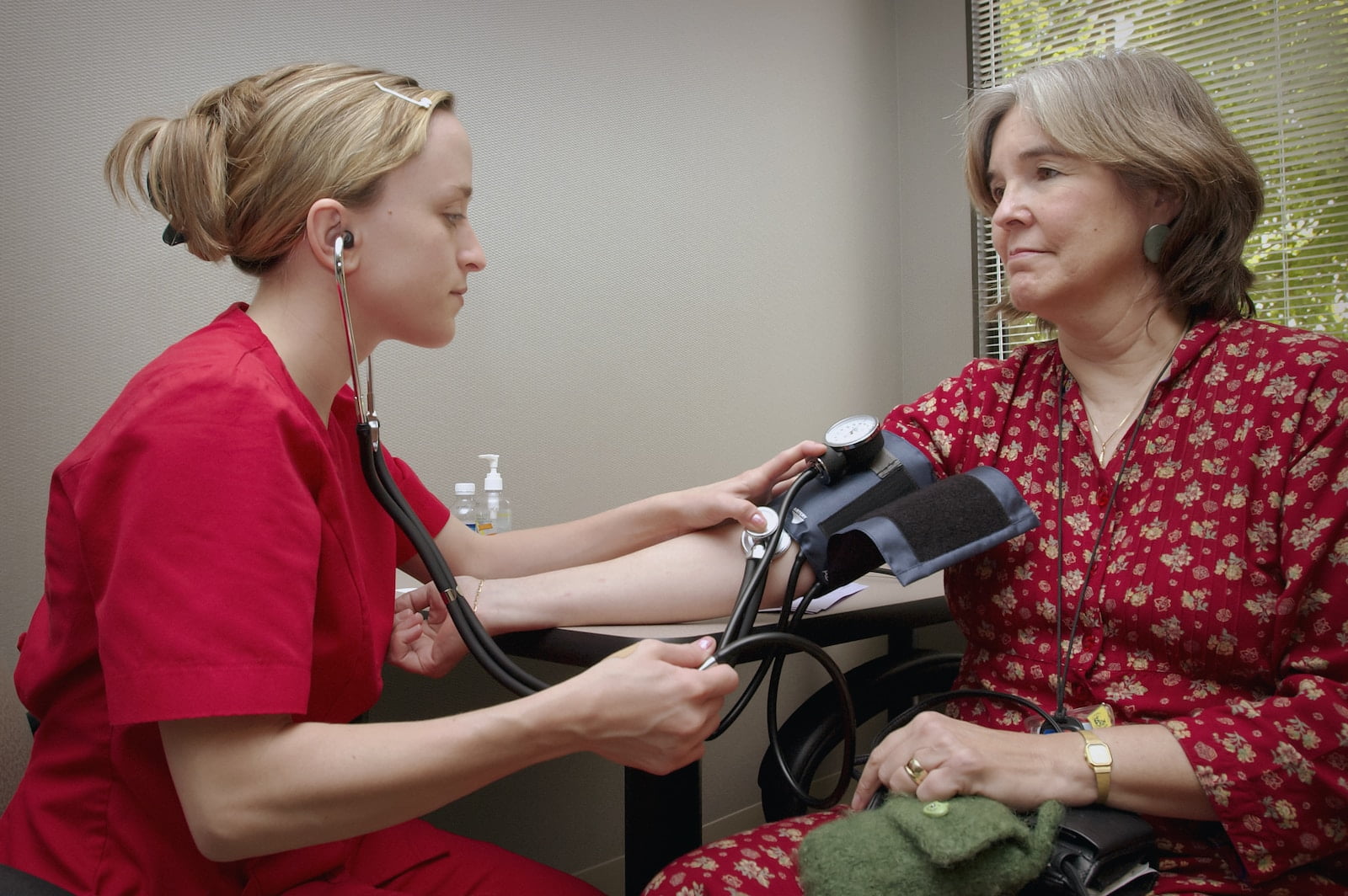Introduction to Hypertension and Its Mysteries
Hypertension, commonly known as high blood pressure, is a significant health concern worldwide. Surprisingly, about 95% of hypertension cases are categorized as “essential” or “primary” hypertension, meaning their cause is unknown. This article delves into potential natural remedies and techniques that might help in managing this condition.
The Root Cause of Hypertension: A Deeper Understanding
While the exact cause of essential hypertension remains a mystery, there are ways to address it naturally. It’s crucial to look beyond conventional medication and explore how our body’s systems, particularly the autonomic nervous system and barrel receptors in our arteries, influence blood pressure.
The Role of Electrolytes in Blood Pressure
Electrolytes, especially sodium and potassium, play a pivotal role in regulating blood pressure. Contrary to popular belief, reducing sodium intake may not always be beneficial. In fact, a low salt diet can disrupt barrel receptor function, potentially increasing blood pressure. Conversely, increasing potassium intake can have a positive effect on blood pressure regulation.
Potassium: A Key Mineral for Blood Pressure Control
Potassium is vital for maintaining healthy blood pressure levels. The recommended daily intake is around 4,700 milligrams, which is achievable through a diet rich in vegetables and fruits. Increasing potassium, rather than decreasing sodium, might be more effective for those with hypertension.
Vitamin D and Blood Pressure
Vitamin D deficiency is often linked with hypertension. Ensuring adequate Vitamin D levels, either through supplementation or natural sunlight exposure, could be a simple yet effective way to address blood pressure issues.
The Impact of Insulin and Insulin Resistance
Insulin and insulin resistance are crucial factors in blood pressure regulation. Insulin resistance, often resulting from high sugar and carbohydrate intake, is closely associated with hypertension. Addressing insulin resistance through dietary changes could be a key step in managing blood pressure.
A Simple Breathing Technique to Lower Blood Pressure
An amazingly simple and cost-free method to potentially lower blood pressure is paced breathing. Slowing down breathing to six breaths per minute can synchronize with the barrel receptors and positively impact the autonomic nervous system. This technique involves a 5-second inhalation and a 5-second exhalation, done through the chest rather than the abdomen.
A Holistic Approach to Managing Hypertension
Managing hypertension naturally involves a multifaceted approach, including dietary changes to increase potassium and manage insulin resistance, ensuring adequate Vitamin D levels, and practicing specific breathing techniques. These methods, grounded in scientific understanding, offer a holistic way to potentially control blood pressure without relying solely on medication.
























